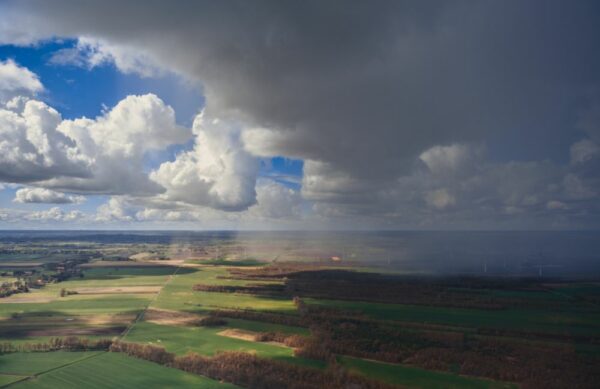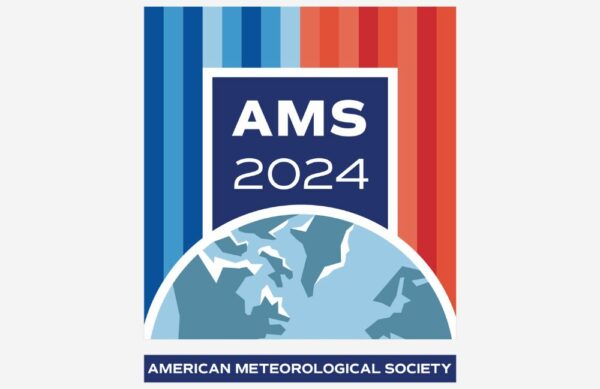This summer has already seen multiple record-breaking heatwaves, with 100 degree-plus weather for days on end across much of the US.
Nearly 200 people died in Washington and Oregon alone during one of the recent heat waves, which saw temperatures as high as 116 degrees in an area where few had air conditioning.
The US Government has recognized the rising problem of extreme heat and is looking for guidance on both private and public solutions.
“Extreme heat is one of the clearest signals of global warming, with climate change making heat waves longer, more frequent, and more intense,” Congresswoman Mikie Sherrill said during a hearing of the House Science, Space and Technology Committee, Subcommittee on Environment. “The harmful effects of extreme heat to human health stresses our public health system. It also widens gaps in equity, and leads to losses in worker productivity, costing our economy billions.”
The committee invited Tomorrow.io’s CEO Shimon Elkabetz to testify, sharing how the recent heat waves have impacted businesses around the country.
He specifically focused on the importance of climate security — the ability to keep businesses operating and people safe no matter the weather — and how public-private partnerships are key to adapting and adjusting to future extreme weather.
The Business Risks of Heatwaves
In both oral and written testimony, Elkabetz detailed how extreme heat and humidity impacts people, infrastructure, and the economy around the globe.
“Extreme heat, made worse by climate change, is a real challenge that is impacting more people, more frequently than ever before. Businesses are feeling the impacts too,” he explained. “Rail operators have to divert trains to avoid buckled tracks. Electric utilities have to meet increased demand to keep the lights and air conditioning on. Airlines, agriculture, shipping, and numerous other industries are significantly impacted by the heat.”
As one example, Elkabetz discussed the risks of high heat for the trucking industry, which generated $792 billion in revenue according to the American Trucking Associations. Heat can compromise tire performance, lead to engine failure, or damage perishable goods like food or medicine. And that is just one industry alone.
Investment in Better Weather Infrastructure
What is the solution to the risks of extreme heat? The continued investment in existing public infrastructure that enables accurate weather forecasts is just the first step. As the only private company invited to speak, Elkabetz focused on the potential of innovation from public-private partnerships.
“Improved weather forecasts and new tools to support decision-making are critical to minimizing the impacts of such events on people, infrastructure and the economy,” Elkabetz noted. “I encourage the committee to continue to explore new ways that the government can tap into private-sector innovation. This also includes enabling government agencies to use private-sector technologies to increase their resilience to extreme weather and climate.”
And the Subcommittee members agreed.
“Tomorrow.io is an excellent example of how commercial enterprises can successfully collaborate with the Federal government to accelerate technological advances and improve weather forecasts as well as communication of forecasts,” said Congresswoman Stephanie Bice.
How Tomorrow.io Can Help
Aiming to provide better weather data, Tomorrow.io will be launching a first-of-its-kind global constellation of small satellites equipped with precipitation radar. The type of data Tomorrow.io’s constellation will collect should significantly improve operational weather forecasts, especially for hurricanes.
But that is not the only benefit. Tomorrow.io’s platform also helps business leaders quickly understand the forecast and make immediate operational decisions based on the impact.
“While the National Weather Service provides important weather forecasts and warnings, it can be hard for people to interpret what this data means for them as individuals. Tomorrow.io helps alleviate that confusion by communicating weather forecasts in a clear operationally focused manner,” Bice explained.
See How Tomorrow.io Can Help







